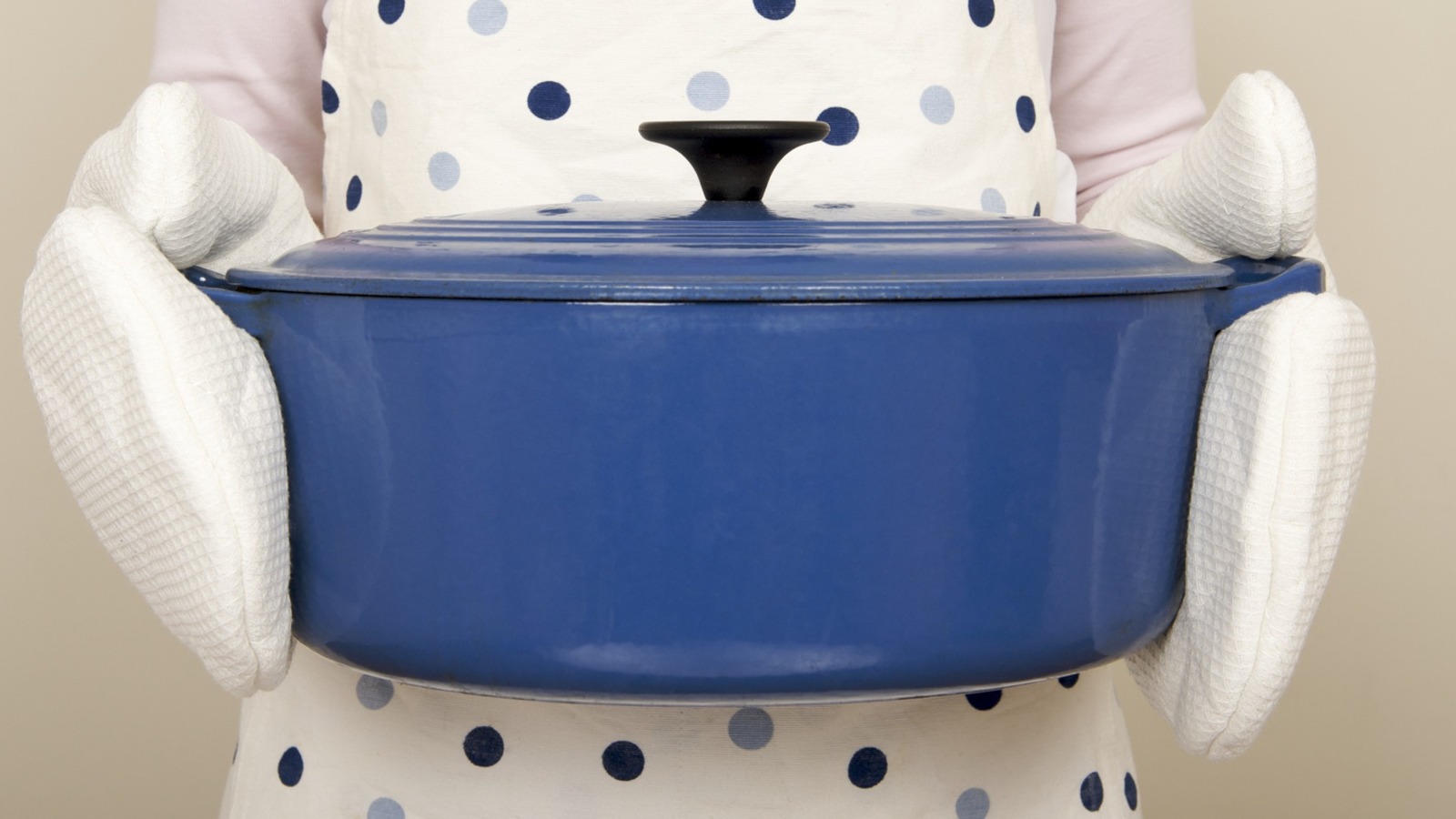Citrus-based cleaning supplies have grown to play a dominating role in American households. They’re marketed as sustainable, natural cleaning agents, and for good reason. The acidic nature of citrus works really well as a replacement for chemicals. But that doesn’t mean it’s good at everything.
Stoneware is a type of pottery made from clay, not actually from stone. It gets its name from how hard the material becomes due to being fired at very high temperatures. This makes it tough, durable, and non-porous — all of which make for good kitchenware. Stoneware has a glaze applied to the outside, which makes it safe to handle food, among other useful responsibilities. The problem with using citrus on stoneware is that it very quickly eats away at the glaze, effectively ruining your beautiful heirloom.
Not only should you not use pure lemon juice to clean your stoneware the old-fashioned way, but you should make sure you are reading the ingredient list of your cleaning supplies and taking note of any citrus components. Usually, it will be fairly obvious since it will be listed as citric acid. If you notice an ingredient that you aren’t sure about, double-check that it isn’t citrus before applying it to your stoneware. Under no circumstances should you use citrus-based cleaning supplies on your stoneware.
How to clean stoneware

If you’re using your stoneware regularly, it’s important to keep it clean so it’ll have a nice long life in your kitchen. But if you can’t use citrus, what can you use? You may want to double-check with the stoneware manufacturer’s guidance on cleaning since they may use a particular type of glaze, and their warranty potentially won’t cover your dish after a certain cleaning supply has been used on it (hint: citrus cleaners are usually on that list).
As a general rule of thumb, warm water and soap should work just fine. Your stoneware may be durable, but it is susceptible to quick changes in temperature, so make sure you are allowing it to cool down to room temperature before putting it under running water. Otherwise, you risk shocking the clay, which could cause it to crack. Once it’s cool, take something soft like a non-scratch sponge or a nylon pad and use your non-citrus dish soap to clean up.
If your stoneware has some really intense grime that isn’t coming off with a sponge and soap, don’t worry; there is a second way to scrub it. Instead of soap, use baking soda and vinegar and go to town — just don’t resort to something heavier like a metal sponge to do the work because you risk tearing off the glaze.







